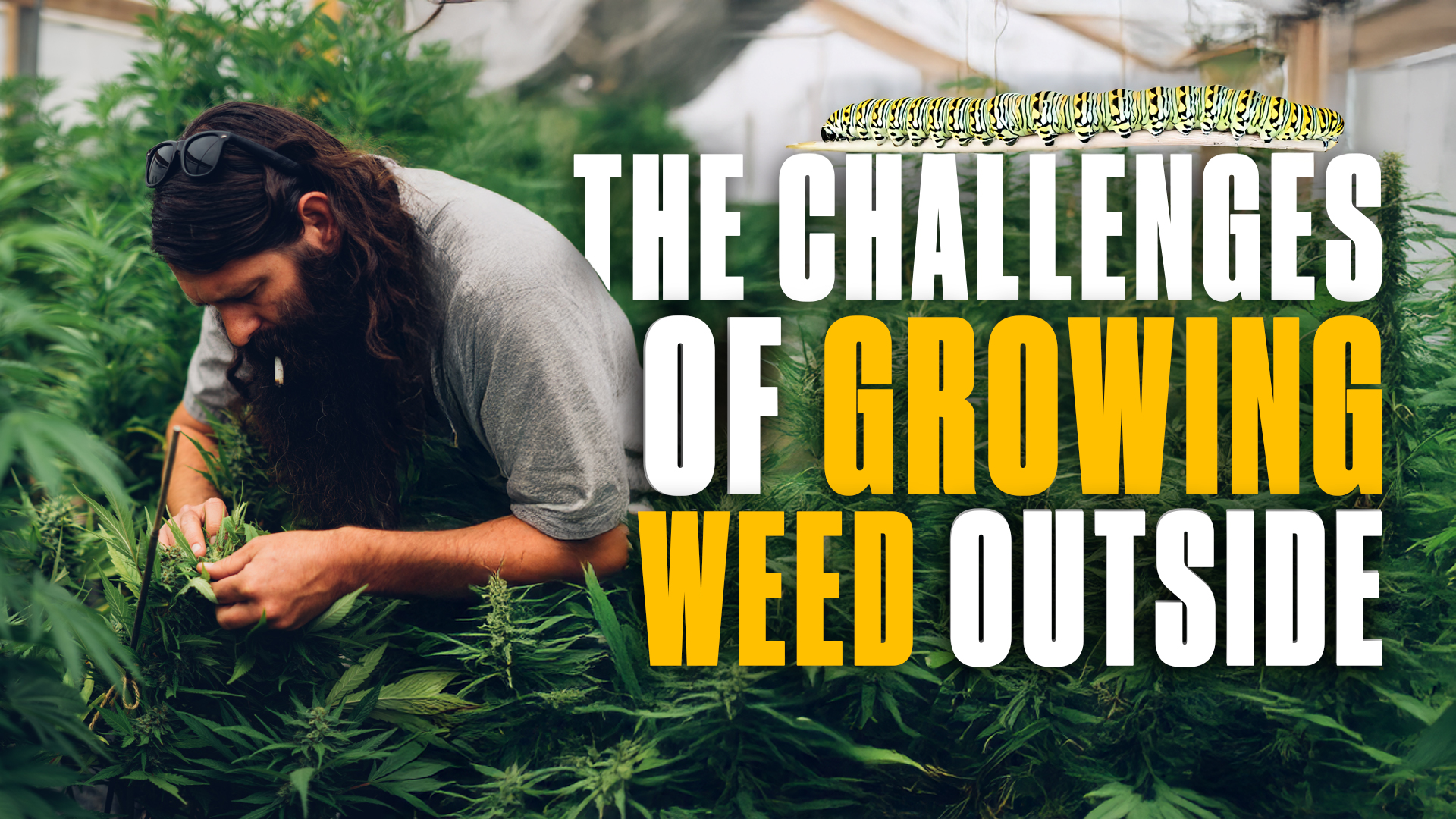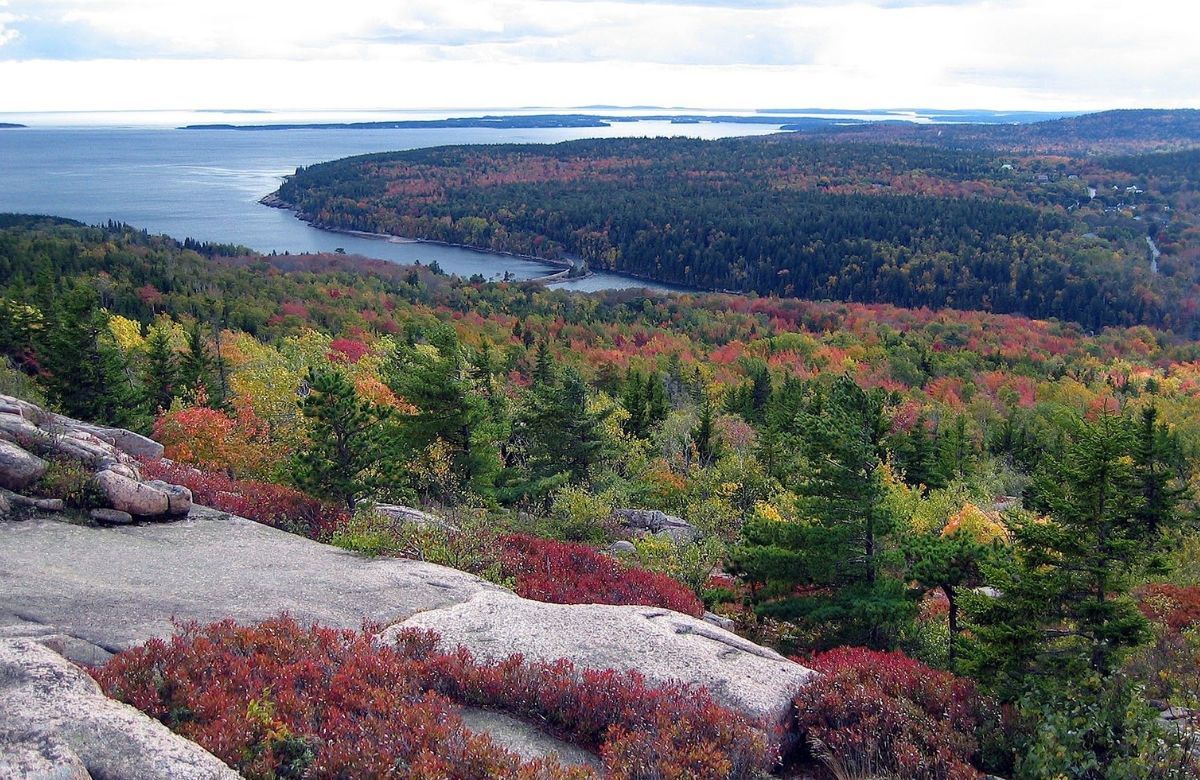Your Guide On When To Harvest Cannabis Plants
You’ve worked hard on growing and cultivating your cannabis crop, and now it’s time to harvest. This is when things get tricky. From the color of the pistils, trichomes, and leaves, to the overall look, feel, and scent of your buds, knowing when to harvest cannabis can make or break a crop.
This step is crucial, and we at HomeGrown Cannabis know it well. Harvest too early, and your buds might lack potency and flavor; too late, and you might end up with an overripe product of significantly diminished quality. Not to worry—we’re here to help!
In this blog post, we’ll share signs that it's time to harvest your cannabis, how to do so, and what happens after harvesting!
Key Takeaways on Time to Harvest Cannabis
- Buds harvested too early might lack flavor and potency, while those harvested too late might have significantly reduced quality.
- The optimal time to harvest is when the pistils are 70 to 90% amber and the trichomes are 70 to 90% milky white.
- Prepare your plant by harvesting and then sterilize and prepare all your tools.
- Harvest your cannabis by cutting the whole plant from the base of the main stem or cutting only ripe buds off, leaving the rest to mature.
- Hang your buds to dry, which will take about 7 to 14 days. Then, trim and cure.
When is Cannabis Ready to Harvest?

Typically, indoor plants are ready in 7 to 12 weeks, while autoflowers can be harvested sooner. Outdoor cannabis plants have more variables, like environmental factors and the location of where you are growing, which can influence the crop’s timing. Also, take note of the time you flip the plant from vegetative to flowering stage, as it usually gives you a good estimate of when the plant is ready.
These timelines are just indications, as each strain and plant are unique. What you need to know are the indicators, and here are some of the most commonly used ones.
Color of Pistils

When it comes close to harvest time, one thing you should closely monitor is the color of the pistils. These small, hair-like structures on cannabis flowers are the female organs of the plants that catch pollen if a male is nearby.
Pistils start out white and grow straight out, but they will eventually curl up and turn red, orange, or brown. The ideal time to harvest is when 70 to 90% of the pistils are colored. However, note that trichomes are a more accurate indicator of the best time to harvest, as pistils can prematurely change color when handled or brushed against.
Here’s a quick chart on pistils to help you out.
| Percentage of colored pistils | Harvest? |
| 50 to 70% | Too early |
| 70 to 90% | Ideal |
| 90 to 100% | Plant might be overripe; harvest immediately. |
Color of Trichomes

The other dead giveaway (and a more accurate one) that your cannabis plant is ready to be harvested is the color of the trichomes, which are the spherical structures that house all the good stuff like THC, CBD, and other cannabinoids. Trichomes start out transparent, but as the plant matures, they will turn milky white, opaque, and finally, amber.
Trichomes are tiny and can be hard to see with the naked eye, so use a magnifying glass. The ideal harvest time is when 70 to 80% of the trichomes have turned milky white. Don’t harvest if the majority of the trichomes are still transparent, and if most of them have turned amber, you’re too late.
| Color of trichomes | Harvest? |
| Mostly transparent | Too early |
| 70 to 80% milky white, less than 10% amber | Ideal |
| More than 50% amber | Too late |
Other Indicators of Whether Cannabis is Ready for Harvest
While examining the color of the pistils and trichomes is the most common way to determine harvest timing, here are some other indicators you can look out for.
- The plant’s growth might slow dramatically before harvest.
- If the plant’s leaves are still bright green, it might be too early. A plant that is ready to be harvested might show some fading in the leaves.
Best Time to Harvest Weed

The time of the day can also make a difference to your crop.
Morning Harvest
Many growers prefer to harvest in the morning as it preserves the terpene profile. Just after the lights come on in a grow room or tent or before the sun fully rises, the plant is usually well-hydrated and has produced the maximum amount of resin and terpenes in the buds. In addition, the delicate flowers aren’t exposed to heat and light yet, which can preserve their quality.
Late Afternoon or Evening Harvest
Some growers like harvesting in the late afternoon or evening, depending on the individual strain. Plants reach their peak resin production closer to the end of the day, and the buds could have more flavor and aroma.
Staggered Harvest
For larger grows or folks that grow multiple strains, you can harvest different plants at different times during the day to manage the work and optimize the unique characteristics of each plant.
| Morning harvest | Well-hydrated plant with maximum resin and terpenes |
| Afternoon or evening harvest | Buds could have more flavor and aroma |
| Staggered | Optimize each plant’s quality by catering to the needs of individual strains |
How to Harvest Your Cannabis Plants

Preparing Your Plants For Harvesting
Before prepping yourself, there are a few things you can do to prepare your plant for the big day.
Defoliate Your Plant
At the end of the flowering stage, your plant doesn’t need the large leaves any longer, so snip them away and allow sunlight through to the buds. You can leave a few leaves as they give a good indication of the plant’s health.
Drop Humidity
If harvesting indoors, reduce humidity to 20 to 30% before harvest day which will force the plant to produce more trichomes and resin in its flowers.
Reduce Nutrients
Reduce the amount of nutrients you feed one to two weeks before harvest day.
Flush The Plant
Having a plant saturated with nutrients might cause harsher, lower-quality weed. Starting from about four to seven days before harvest, skip the nutes and drench the soil with pH-neutral water. That way, your plant will use up the nutrients so you won’t taste them in your smokes.
Pre-Harvest Checklist
| Defoliate |
| Drop humidity |
| Reduce nutrients |
| Flush |
What You’ll Need To Harvest Marijuana
Now that harvest day is almost here, it's time to prep your equipment! You’ll need:
- Sharp pruning shears for the thick main stems and branches.
- Trim Bin for collecting your cuttings and keeping your workspace tidy.
- Trimming scissors to remove leaves.
- Hand Trimmer No Spring for precision trimming during your harvest.
- Hand Trimmer with Spring for easy, efficient trimming with less strain on your hands.
- Isopropyl alcohol to clean the build-up resin from your shears and scissors.
- Latex-free gloves to keep everything sterile and prevent contamination.
- Magnifying glass to check the color of the trichomes.
- Well-ventilated drying area. Those of us lucky enough to have a dedicated room will be happy; otherwise, a dark, dry section of your home or shed would suffice.
Step-by-Step Cannabis Harvesting Guide

Now that you’re ready, it's time to rock ‘n’ roll!
Step 1
If you’re growing outdoors, try to keep the buds out of direct sunlight or pick an overcast day. Prolonged sun exposure can degrade the quality of the buds.
If you’re growing indoors, aim for a temperature of 65 and 75 degrees Fahrenheit and around 50% relative humidity.
Step 2
You can choose to harvest the whole marijuana plant, which is as simple as cutting the main stem and hanging the entire plant. You can also choose to snip off the ripe buds from outside in and top down, leaving others to mature for a few more days.
Step 3
Remove the fan leaves to avoid mold, especially in humid environments. Sugar leaves can stay and be trimmed once the buds are dry.
Step 4
Hang the branches upside down and leave them to dry. The drying room should be completely dark, well-ventilated, with a temperature of 60F and humidity of 60%.

Depending on the strain, plant size, and conditions, drying your weed should take 7 to 14 days.
Curing Cannabis
After you dry your buds, you’ll need to cure them in airtight containers like mason jars. Fill the jars about ¾ full to allow for air circulation. During the first week, open the jars for about 10 to 15 minutes once or twice a day to release excess moisture. This process is adorably called “burping”!
After the second week, reduce the burping to once or twice a week. Continue for two to four weeks.

Shop High-Yield Seeds From HomegrownCannabis
At Homegrown Cannabis Co., we're dedicated to helping you achieve the best possible harvests. Our high-yield seeds are expertly bred to deliver impressive yields, whether you're growing indoors or outdoors.
Cannabis Harvesting Step-by-Step Guide
| Step 1 | Prepare your plant for pre-harvest |
| Step 2 | Prepare your tools |
| Step 3 | Cut the whole marijuana plant or ripe buds only |
| Step 4 | Remove leaves before or after drying |
| Step 5 | Hang the plant for 7 to 14 days |
| Step 6 | Trim off sugar leaves for a smoother smoke |
| Step 7 | Cure the buds in airtight jars for up to 4 weeks |






